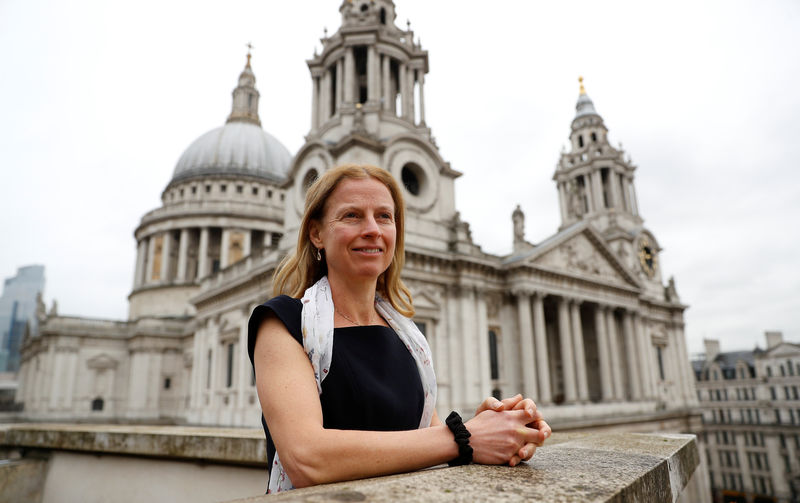This post was originally published on this site
https://i-invdn-com.akamaized.net/trkd-images/LYNXMPEFAR111_L.jpg
By Matthew Green and Simon Jessop
LONDON (Reuters) – European investors managing assets worth more than 1 trillion pounds ($1.28 trillion) are pressing top auditors to take urgent action on climate-related risks, warning that failure to do so could do more damage than the financial crisis.
The case for tighter auditing has been bolstered by public statements from regulators and accounting watchdogs highlighting the potentially systemic risks that climate chance could pose.
In a letter sent in January to the so-called Big Four — EY, Deloitte, KPMG and PwC — the investors said they were concerned that climate change was being “ignored” in accounting and audits. The letter was seen by Reuters and its contents are being made public for the first time.
“The overarching thing is that we don’t want another financial crisis, and this could be a lot worse,” said Natasha Landell-Mills, head of stewardship at asset manager Sarasin & Partners, which is spearheading the campaign by 29 investors.
Auditors are not giving enough weight to a potentially rapid transition toward a low-carbon future as governments implement the 2015 Paris Agreement to curb climate change, they said.
The investors said they had decided to release the letter as they prepared to broaden their campaign by writing directly to the audit committees of leading oil and gas companies to demand they also take a more robust approach to climate risk.
They want auditors to challenge assumptions about long-term prices for oil and gas, which underpin shareholder returns.
“This time around, we need our auditors to be on the front foot and raise the alarm where executives fail to reflect foreseeable losses or liabilities,” Landell-Mills told Reuters.
The International Accounting Standards Board (IASB) said on Thursday that its IFRS standards do address issues related to climate change risk, even if they are not addressed explicitly.
“We would expect management to report on environmental and societal issues to the extent necessary for primary users of financial statements to form their own assessment of the company’s longer-term prospects and management’s stewardship of the business,” IASB board member Nick Anderson said.
EY said it was “committed to ensuring that the audit profession is able to continue to serve the evolving needs of investors, business, and the public interest”.
A spokesperson for Deloitte said it recognized that climate change posed a significant risk for its clients and factoring it into its “audit challenge”.
KPMG and PwC did not respond to emailed requests for comment from Reuters on the letter.
KEY LINES OF DEFENSE
The increased investor scrutiny comes as the role and structure of accountants is reviewed after several collapses, including travel operator Thomas Cook and outsourcer Carillion.
“Auditors are one of the key lines of defense against the risks of capital misallocation, stranded assets and corporate failure,” Edward Mason, head of responsible investment for the Church Commissioners for England, said.
For Lara Blecher, of Britain’s Local Authority Pension Fund Forum, which signed the letter, audits are still not taking adequate account of climate risk.
“It doesn’t bode well if we as investors don’t have accurate information on which to act,” Blecher said.
Deloitte added that companies should be transparent about how climate change was already affecting their businesses and explain how management was taking the potential long-term implications into account in their financial statements.
Bank of England Governor Mark Carney warned in April that markets risked a sudden drop in asset prices if investors failed to take proper account of climate risk, reiterating his concern at a United Nations climate summit in September.
The BoE is also midway through a “stress test” on the ability of banks and insurers to withstand the balance sheet impact of rapid climate change.
And Britain’s Financial Reporting Council is pushing companies and investors to better reflect climate risk in their accounts and investment decision making.
Ingrid Holmes, head of policy and advocacy at Hermes Investment Management, told Reuters the Big Four accountancy firms needed “to play their role in helping us to shift the economy onto a more sustainable footing”.

